tight pelvic floor muscles cause hemorrhoids
The pelvic floor is composed of a sheet of muscles ligaments and other tissues located across the bottom of the pelvis that supports the pelvic organs. Constipation straining during bowel movements a sensation of incomplete emptying pencil thin poops hard poops that are difficult to empty hemorrhoids painful bowel movements and rectal pain could all be symptoms that your pelvic floor is too tight.
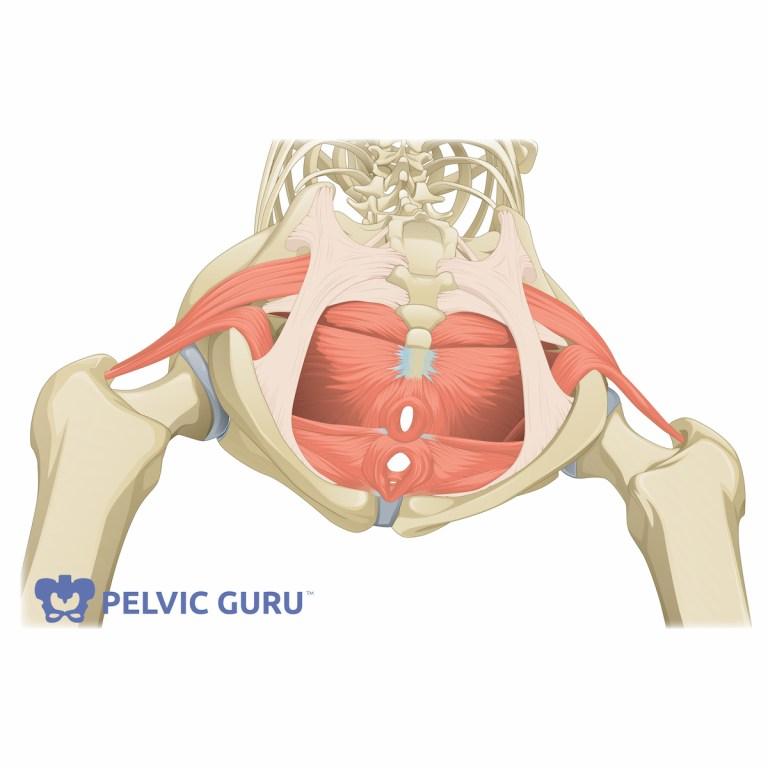
Pelvic Floor Pt For Interstitial Cystitis Dr Amruta Inamdar Pelvic Floor Physical Therapy
Causes of hemorrhoids include.
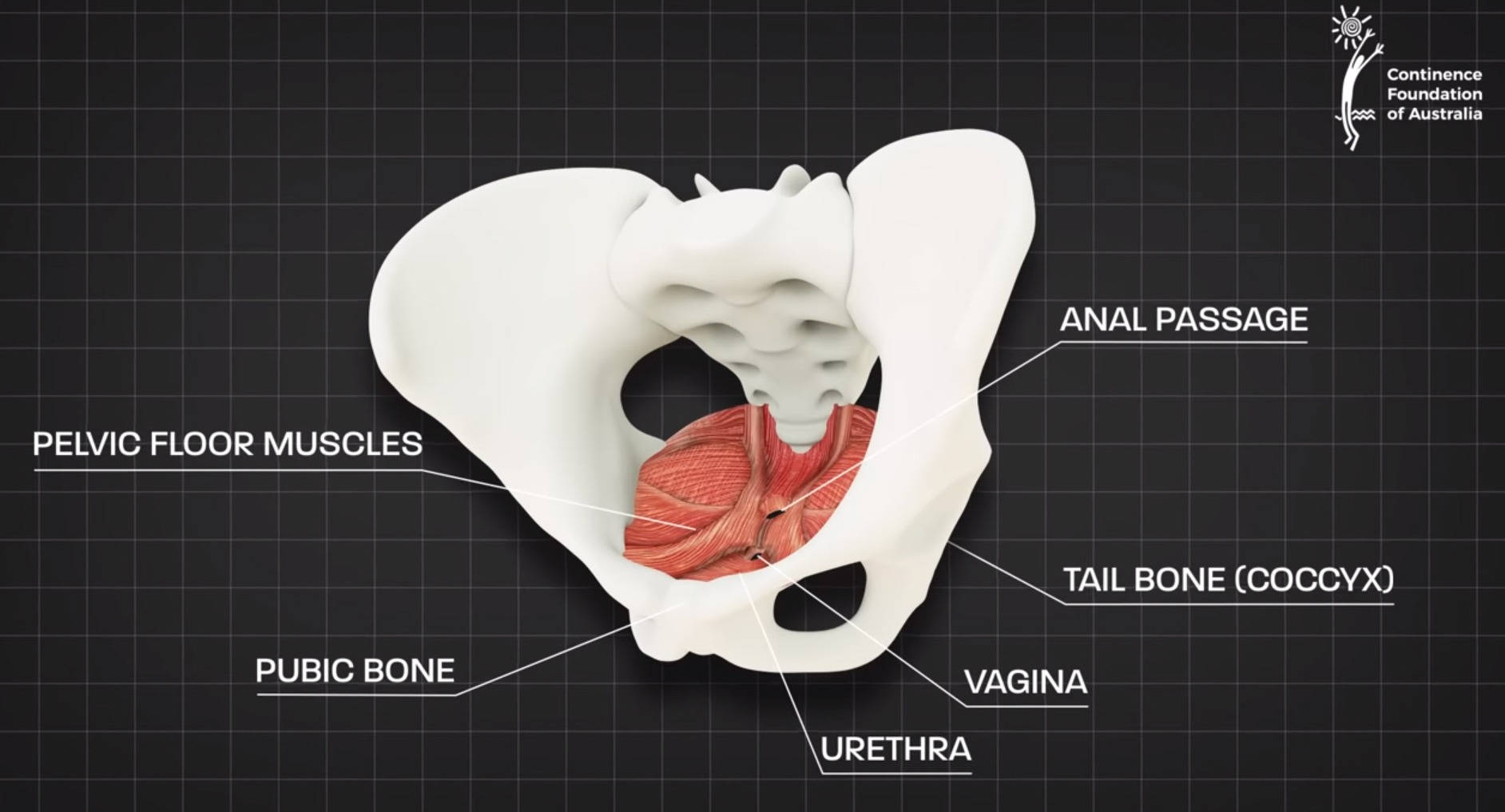
. When muscles get too tight we call them hypertonic. The rectum vagina and urethra all pass through the pelvic floor to allow stool urine and babies to be expelled from the body. Either type can cause discomfort pain itching irritation pressure and feelings of swelling in the perineum.
Dont Waste Your Money On Products That Dont Work. Thousands of people use this method to get rid of hemorrhoids. This area of taut muscle bands can spasm which decreases blood flow and oxygenation increases lactic acid and causes pelvic pain.
Awareness about pelvic floor muscle. The lactic acid causes the sensations of burning rawness throbbing stabbing and aching so many women experience. Not only can constipation lead to haemorrhoids and can aggravate them if youre already suffering from piles straining to go to the toilet is also really bad for your pelvic floor.
There are many symptoms of tight pelvic floor muscles but as is often the case pain is one of the biggest red flags. Symptoms include constipation straining to defecate having urine or stool leakage and experiencing a frequent need to pee. Initial treatments include biofeedback pelvic floor physical therapy and medications.
Also known as vaginismus hypertonic pelvic floor muscle dysfunction refers to the pain caused by spasms. Tight Overactive Pelvic Muscles Having a strong pelvic floor is essential for the support and functionality of your pelvic organs. Overtraining the abdominal muscles with potentially unsafe intense abdominal core exercises.
Pelvic surgery including prolapse surgery and hysterectomy. Often rectal pain burning itching or numbness is mistaken for hemorrhoids when its actually the pelvic floor. Hypertonic pelvic floor muscle dysfunction refers to a condition caused by tightness in the pelvic floor muscles or the levator ani complex.
Imbalances in the muscles of the pelvic floor can trigger symptoms that are similar to hemorrhoids. Hemorrhoids can result if your anal sphincter is unable to relax during bowel movements. But when the pelvic floor muscles are too tight or if they cant lengthen the anus cant open making bowel movements very difficult she says.
Causes of Pelvic Floor Muscle Spasm. Sometimes people who are suffering from tight pelvic floor muscles are not even aware that a tight pelvic floor is the problem. Click to get the method.
The following tips can treat hemorrhoids quickly. The Pelvic Floor Muscles. The anal sphincter should relax during normal bowel movements to allow emptying and prevent too much pressure developing within the anus.
Possible causes of pelvic floor spasm include. A large number of people who are constipated also have pelvic floor muscle dysfunction or pelvic floor dyssynergia. So when the bladder is put under sudden pressure they are unable to generate enough power quickly to block off the flow of urine.
Overloading the pelvic floor muscles with too much pelvic floor exercise Kegel exercise and insufficient relaxation. Ad See Which Hemorrhoid Product Is The Most Recommended By Experts And Users. The organs in your lower pelvis such as your bladder and colon are supported by a large group of muscles called the pelvic floor muscles.
In addition it causes severe tenderness and redness of the vestibule near the perineum. The pelvic floor can be so tight in fact that these muscles are effectively weakened because they are permanently overworking in a constricted state. Like any other muscle the muscles of the pelvic floor can tighten when they are overworked.
On top of the muscular trampoline lie the bladder and the rectum bottom part of the bowel. In the large majority of cases it is the chronic tension in the pelvic floor including the anal sphincter usually combined with diet and anxiety that leads to rectal pain anal fissures hemorrhoids and constipation. What is Chronic Constipation.
That means the pelvic floor muscles are too tight. Rectal Pain and the Pelvic Floor Its NOT your Hemorrhoids. Dysfunction of the pelvic floor can lead to pelvic pain and.
Think of it like a stress ball you know there are some that are tighter and more difficult to stretch a. This can be quite painful and lead to. Working with your anal sphincter the pelvic floor muscles help you stop embarrassing gas and stool leaks.
Anyone who has suffered with the symptoms of a tight pelvic floor hypertonic pelvic floor will tell you that this excess tension is troublesome. As a result of their hemorrhoids many people have difficulty sitting or with bowel movements and wiping. The definition of a Hypertonic pelvic floor is having a tight muscle tone and reduced capacity of the muscle to stretch.
Women with pelvic floor dysfunction often also have urinary symptoms such as frequency urgency and incomplete emptying of the bladder. Straining during bowel movements chronic constipation sitting for long periods of time overactive pelvic floor muscles or. It leads to restricted motion and often some form of pain.
Avoid constipation by eating plenty of fibre-rich foods and drinking plenty of water and strengthen your pelvic floor to avoid and treat piles. Get control over any chronic stress and anxiety. Tight Pelvic Floor Muscles Male.
Ad Are you worried about hemorrhoids. The pain usually manifests in the hips lower back tailbone vagina or perineum area but it can also extend to the buttocks thighs and abdomen. The inability to have a bowel movement is caused by the poorly coordinated pelvic floor muscles puborectalis.
Due to the location of these muscles it can be. Believe it or not the root of your lower back pain may be your hypertonic pelvic floor. Pelvic floor dysfunction is the inability to correctly relax and coordinate your pelvic floor muscles to have a bowel movement.
The pelvic floor supports the rectum bladder and urethra. Is A Tight Pelvic Floor The Issue. A hypertonic pelvic floor has many causes as it is a pretty common condition it doesnt mean its not incredibly bothersome and in some cases it can be painful.
Levator ani syndrome is a type of nonrelaxing pelvic floor dysfunction. Many patients with chronic constipation or pain with bowel movement may present with a history of hemorrhoids.
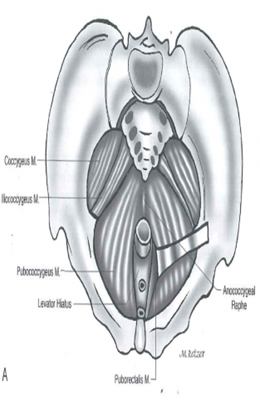
Pelvic Floor Dysfunction Expanded Version Ascrs
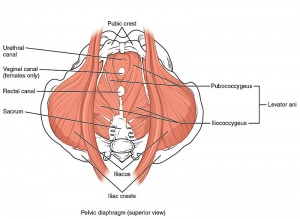
Pelvic Floor And Other Pelvic Disorders Physiopedia

Perineal Descent Austin Urogynecology

Pelvic Floor Dysfunction Expanded Version Ascrs

How To Stretch The Pelvic Floor Muscles Livestrong Com Pelvic Floor Muscles Pelvic Floor Pelvic Floor Exercises

7 Best Kegel Exercises For Women To Strengthen The Pelvic Muscles And More Kegel Exercise Pelvic Floor Muscle Exercise Exercise

When Low Back Pain May Not Be Low Back Pain And Some Good News To Help
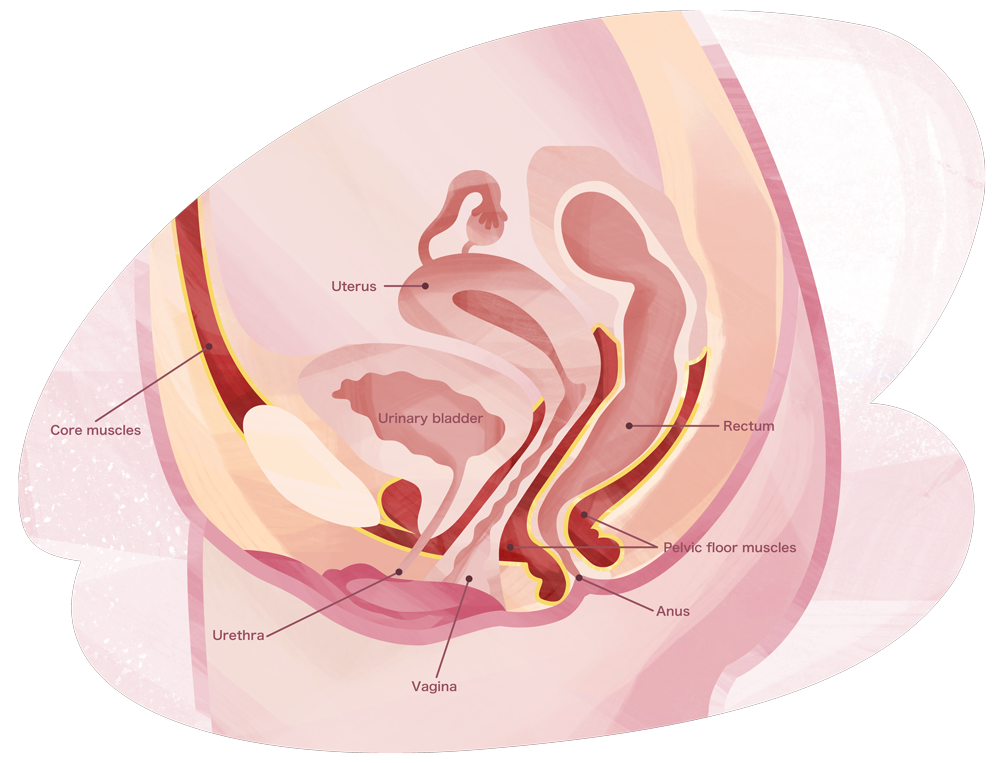
Pelvic Floor Disorders Symptoms Treatment And More Goodrx

How To Strengthen Your Pelvic Floor Hamilton Health Sciences

Hemorrhoid Pain Pelvic Rehabilitation Medicine
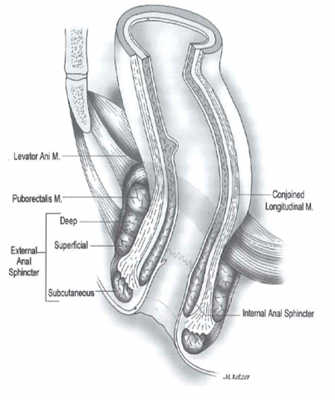
Pelvic Floor Dysfunction Expanded Version Ascrs

4 Simple Pelvic Floor Releases Brb Yoga Pelvic Floor Pelvic Floor Therapy Pelvic Floor Exercises

Untangling The Pelvic Floor And Herbs That Can Help Black Locust Gardens

Let S Talk About Toilet Time Empower Your Pelvis Diverticulitis Bleeding Hemorrhoids Hemorrhoids Treatment
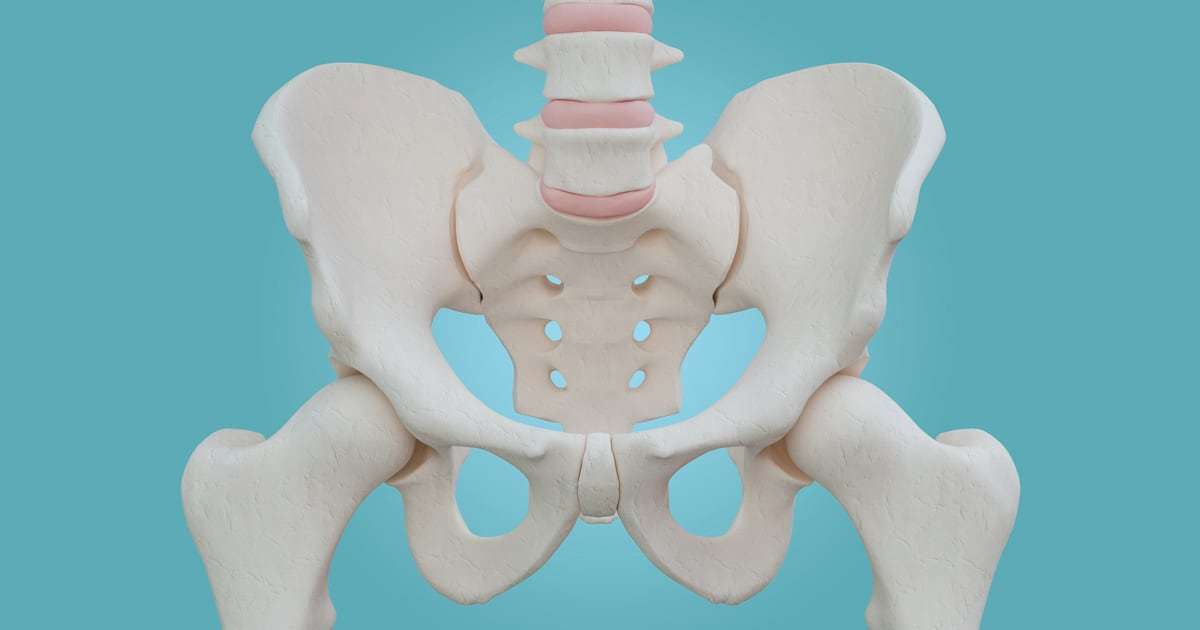
Levator Ani Syndrome Pelvic Floor Cary Gastroenterology Associates
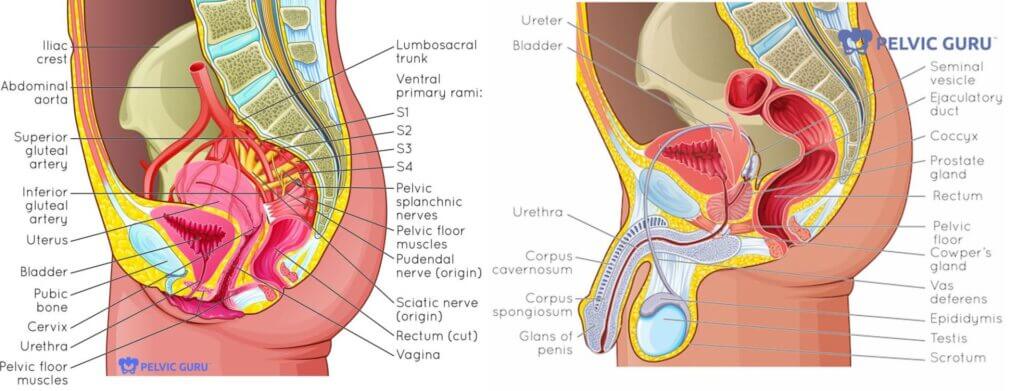
Pelvic Floor Dysfunction Doesn T Mean Doomsday Laura Meihofer

Pelvic Floor Anatomy Acsm Pelvic Floor Pelvic Floor Muscles Pelvis
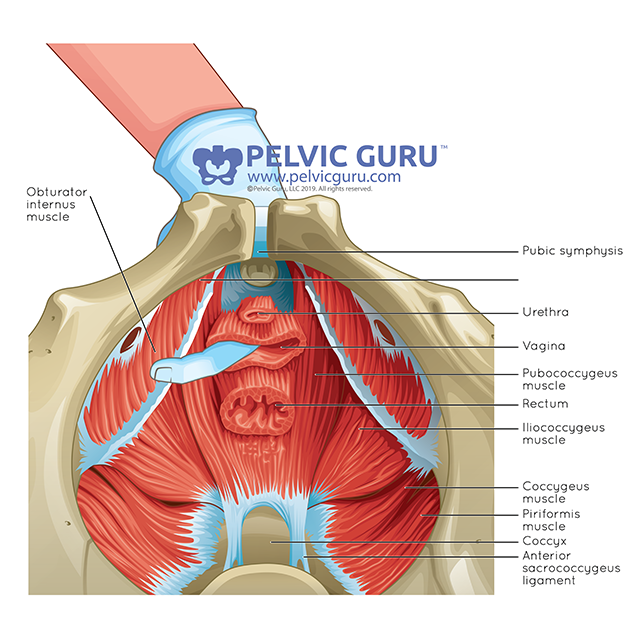
Hypertonic Pelvic Floor Causes Symptoms And Exercises For It Dr Amruta Inamdar Pelvic Floor Physical Therapy
